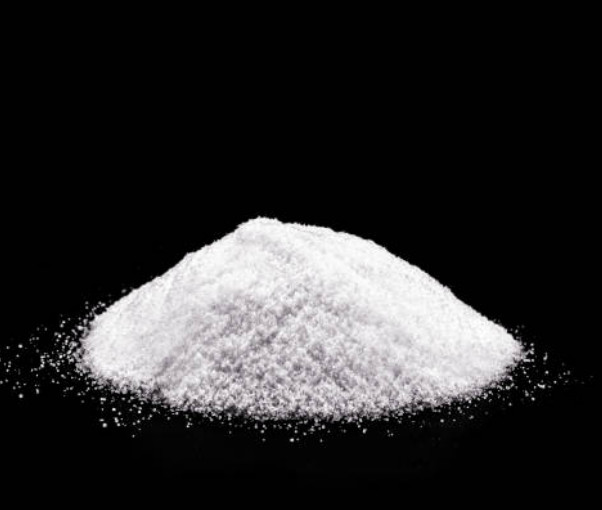Dicalcium Phosphate Formula: What It Is and How It Works
Dicalcium phosphate is an essential mineral for human and animal health. This compound can be found in a variety of dietary supplements, pharmaceuticals, and food products. In this article, we will explore the chemical structure and properties of dicalcium phosphate, as well as its benefits and possible side effects.
What is Dicalcium Phosphate?
Dicalcium phosphate, also known as dibasic calcium phosphate, is a calcium salt that contains two calcium ions and one phosphate ion (CaHPO4). This compound can be produced by the reaction of calcium carbonate and phosphoric acid, or by the hydrolysis of monocalcium phosphate with water. Dicalcium phosphate is a white, odorless powder that is soluble in water, but insoluble in ethanol and other organic solvents.
Chemical Properties of Dicalcium Phosphate
The chemical formula of dicalcium phosphate is CaHPO4. This compound has a molecular weight of 136.06 g/mol and a density of 2.92 g/cm3. Dicalcium phosphate is a crystalline solid that can exist in several forms, including anhydrous (CaHPO4), dihydrate (CaHPO4•2H2O), and hydrated (CaHPO4•xH2O) forms. The solubility of dicalcium phosphate depends on its crystal structure and pH of the solution.
Applications of Dicalcium Phosphate
Dicalcium phosphate has a wide range of applications in the food and pharmaceutical industries. It is commonly used as a dietary supplement to provide calcium and phosphorus to the body, as these minerals are important for bone health and other physiological processes. Dicalcium phosphate is also added to some food products as a leavening agent and anti-caking agent.
Benefits of Dicalcium Phosphate
Dicalcium phosphate is an important nutrient that can provide several benefits to human and animal health. This compound is essential for the development and maintenance of healthy bones and teeth. It also plays a role in energy metabolism, nerve function, and muscle contraction. Additionally, dicalcium phosphate can help prevent calcium and phosphorus deficiencies, which can lead to osteoporosis, rickets, and other conditions.
Possible Side Effects of Dicalcium Phosphate
Dicalcium phosphate is generally safe to use when taken in recommended doses. However, high doses of this compound may cause several side effects, including gastrointestinal upset, constipation, and kidney damage. Individuals with kidney disease or hyperparathyroidism should avoid taking dicalcium phosphate supplements. Pregnant and breastfeeding women should also consult their healthcare provider before taking dicalcium phosphate.
Dicalcium Phosphate and Food Additives
Dicalcium phosphate is commonly used as a food additive in a variety of products, such as breakfast cereals, baked goods, and dairy products. This compound can act as a leavening agent, pH regulator, and anti-caking agent in these products. However, some food additives containing dicalcium phosphate may have negative health effects, such as increased risk of kidney stones and heart disease.
Dicalcium Phosphate in Pharmaceutical Formulations
Dicalcium phosphate is also used in many pharmaceutical formulations as a filler, binder, and disintegrant. This compound can improve the dissolution and bioavailability of certain drugs, as well as enhance their stability and shelf life. Some common pharmaceutical products that contain dicalcium phosphate include tablets, capsules, and powders.
Dicalcium Phosphate in Animal Nutrition
Dicalcium phosphate is a common ingredient in animal feed, as it provides a source of calcium and phosphorus for animal health and growth. This compound is often added to livestock and poultry diets to improve bone density and eggshell quality. Dicalcium phosphate can also enhance feed efficiency and reduce the risk of mineral deficiencies in animals.
Conclusion
Dicalcium phosphate is a mineral that plays a vital role in human and animal health. This compound can be found in a wide range of dietary supplements, pharmaceuticals, and food products. It is important to understand the chemical structure and properties of dicalcium phosphate, as well as its benefits and possible side effects.

